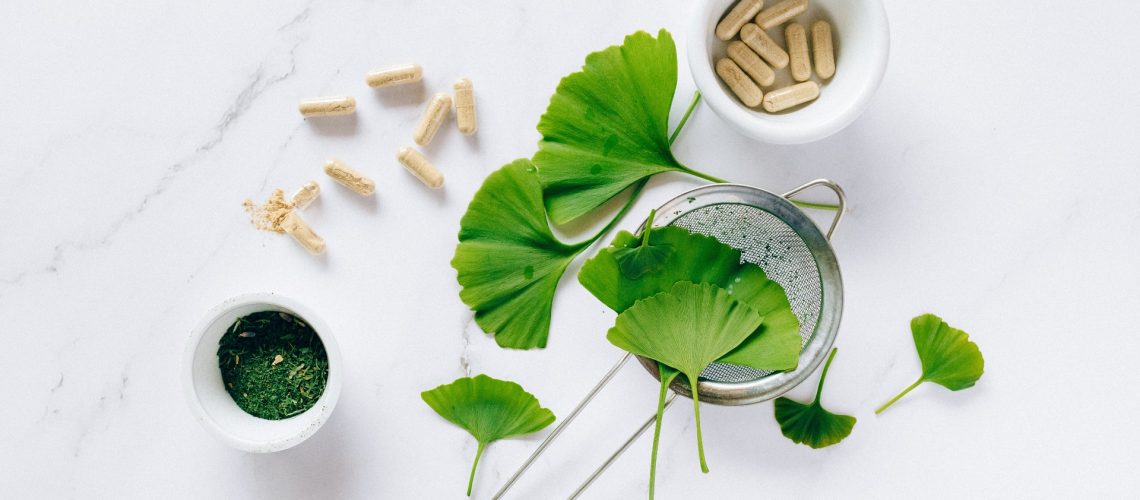Homeopathy is an old practise going beyond ginger and turmeric toddies. Here’s what the practise actually entails.
History of Homeopathy
Homeopathy is known as complementary or alternative medicine (CAM) and dates back 200 years to Germany, where a physician Samuel Hahnemann employed the philosophy that “like can be cured by like”. The treatment became popular in the 19th century, in part because of the amount of epidemics swirling around at the time.
READ MORE: Which Contraceptive Option Is Right For You?
The idea is that highly diluted medicines that mimic the disease you’re infected with can help recruit the body to fight off the illness.
Homeopathy remains controversial in medicine. Some homeopathic treatments can have adverse effects. In 2015, the Australian government’s National Health and Medical Research Council concluded that “there is no reliable evidence that homeopathy is effective for any health condition.” However, studies need to pass rigorous requirements before they can be deemed sound medical advise. In some homeopathic remedies, the substance is so diluted that little to none of the active ingredient remains, calling the treatment’s efficacy into question.
READ MORE: Chronic Pelvic Pain: 4 Ways To *Really* Manage Your Mental Health
What Is Homeopathic Treatment Like?
Homeopaths approach medicine holistically, looking at the entire person, their lifestyle and all other factors into consideration before treatment is recommended. Other factors taken into account include diet, emotional state and specific health conditions.
Homeopathy is frequently used to treat a few common ailments, including asthma, ear infections, hay fever, allergies, allergic skin conditions and even high blood pressure.
Treatments can be natural ingredients from plants that have been extracted and distilled and then diluted into tinctures. Treatments can be frequent, requiring multiple ingestions or applications, depending on whether the ailment is happening inside your body or on the skin.
READ MORE: Here’s The Food That Can Prevent And Manage Your PMS Symptoms
How To Use Homeopathy
Before taking anything, you should consult your doctor. While treatments are generally considered safe and natural, some plants and substances can have adverse effects with other medications you could be taking, or other conditions, like pregnancy.
Want to know more? Join the Homeopathy Circle in Zoie Health! Here, you can ask questions about treatments and hear from an expert in the field. The Circles are located in the Zoie app and you can post whenever you want and hear from the community. Download the Zoie app here.









